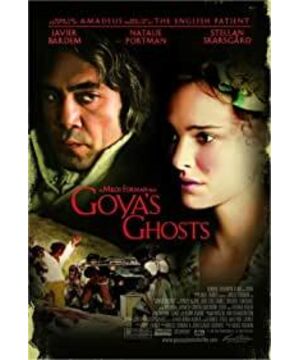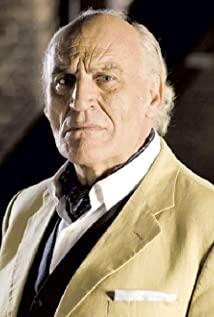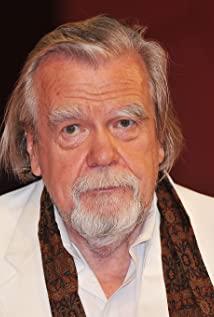The film's director, Milos Forman, was born in the Czech Republic in 1932 and received his professional education at the Prague Film Academy, where he was lucky to catch the new wave of Czech cinema. Foreman began directing films in 1963, and his first work "Black Peter" won the world's attention at film festivals such as Cannes. After that, "Flying Over the Cuckoo's Nest" in 1973 and "Mozart" in 1984 won Oscars one after another. favor. It can be said that Forman's films are well-received and popular in the world film circle, and it is the style of his films that he is good at describing people's characteristics.
Back to the movie "The Spirit of Goya". The background of the times is actually what the film really wants to show. Spain was ruled by the Catholic Church around 1792 before being hit by the French Revolution. The story in the film takes place in Ines, the daughter of a Spanish monk Lorenzo and a wealthy businessman. Lorenzo was a good friend of Goya. He was involved in the political and religious struggle. He was exiled and glorious, and finally died on the guillotine of the church. Ines was Goya's model, was mistaken for a heretic and was imprisoned for fifteen years, raped by Lorenzo, and after being released from prison, she turned from a beautiful girl into a mad mother who was looking for children everywhere.
The most profound feeling the film left me was the personal powerlessness. The hero and heroine did not want to cause any harm to others, but they were toyed with their fate in the regime change they could not control, and their lives and lives were buried in the whirlpool of history. Even the powerful Spanish pope, when Lorenzo became the man of power, was reduced to a prisoner.
Lorenzo said that Goya would give a portrait to anyone who gave him money. This sounded to be saying that Goya had no political opinion, but in the end, only Goya kept his own life. Up to now, his paintings Stay as part of the historical witness. Who actually wrote history? Lorenzos or Goyas?
View more about Goya's Ghosts reviews











